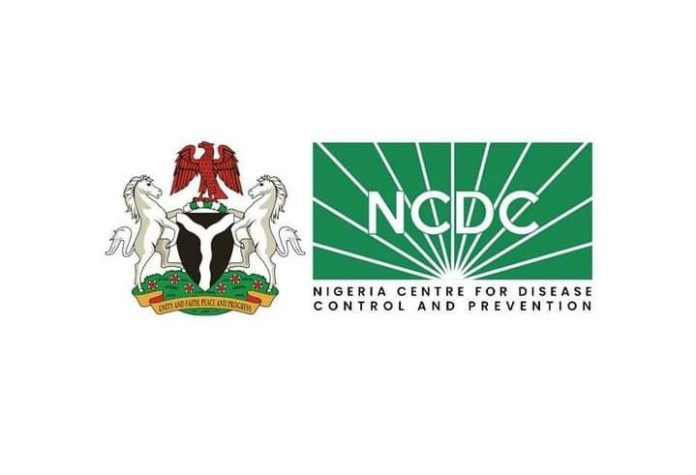16th July 2024


The number of suspected cholera cases in Nigeria has risen to 2,809 across 33 states, and 148 local government areas as of July 7, 2024.
The country also recorded 82 deaths with a fatality rate of 2.9 per cent since the beginning of the year.
This is according to the week 27 cholera situation report obtained from the Nigeria Centre for Disease Control and Prevention on Monday.
Cholera, a highly contagious food, and waterborne disease, is caused by the ingestion of the organism, Vibrio Cholerae, in contaminated water and food.
The primary cause has been linked to the consumption of contaminated water and inadequate sanitation, exacerbated by the onset of the rainy season, which often leads to increased cholera cases due to flooding and compromised water sources.
The NCDC said, “As of July 7th, 2024, a total of 2,809 suspected cases, including 82 deaths (CFR 2.9 per cent), have been reported from 33 states. Of the suspected cases since the beginning of the year, age groups
“Lagos (1,560 cases) accounts for 56 per cent of all suspected cases in the country of the 33 states that have reported cases of cholera. Lagos Island LGA (295 cases) in Lagos State accounts for 11 per cent of all suspected cases reported in the country.
“Other sates: Bayelsa (476 cases), Ebonyi (110), Abia (109), Katsina (88 cases), Zamfara (64 cases), Delta (64 cases), Bauchi (54 cases), Cross river (43 cases), Rivers (37 cases), Imo (28), Ogun (21), Nasarawa (19 cases), Kano (18), Ondo (17 cases), Oyo (15), Niger (15), Osun (11 cases) and Akwa Ibom (10) account for 42.7 per cent of the suspected cases this year.”
Comparatively, the report showed that the suspected cases of cholera in the current year have decreased by seven per cent compared to what was reported as of week 27 in 2023. Likewise, cumulative deaths recorded have decreased by five per cent in 2024.
Meanwhile, Lagos recorded 52 deaths; Rivers, eight; Abia, four; Delta, four; Katsina, three; Bayelsa, two; Kano, two; Oyo, two; Bauchi, one; Cross River, one; Ebonyi, one; Nasarawa, one; and Ogun, one.
The NCDC, however, decried difficulty in accessing some communities due to security concerns, open defecation in affected communities, lack of potable drinking water in some rural areas and urban slums, and poor hygiene practices in most cholera-affected communities.
It also lamented inadequate health facility infrastructure and cholera commodities for the management of patients, poor utilisation of rapid diagnostic tests distributed to facilities and surveillance officers, inadequately trained personnel in states for case management, and poor and inconsistent reporting from states.
Join Television Nigerian Whatsapp Now
Join Television Nigerian Facebook Now
Join Television Nigerian Twitter Now
Join Television Nigerian YouTUbe Now





